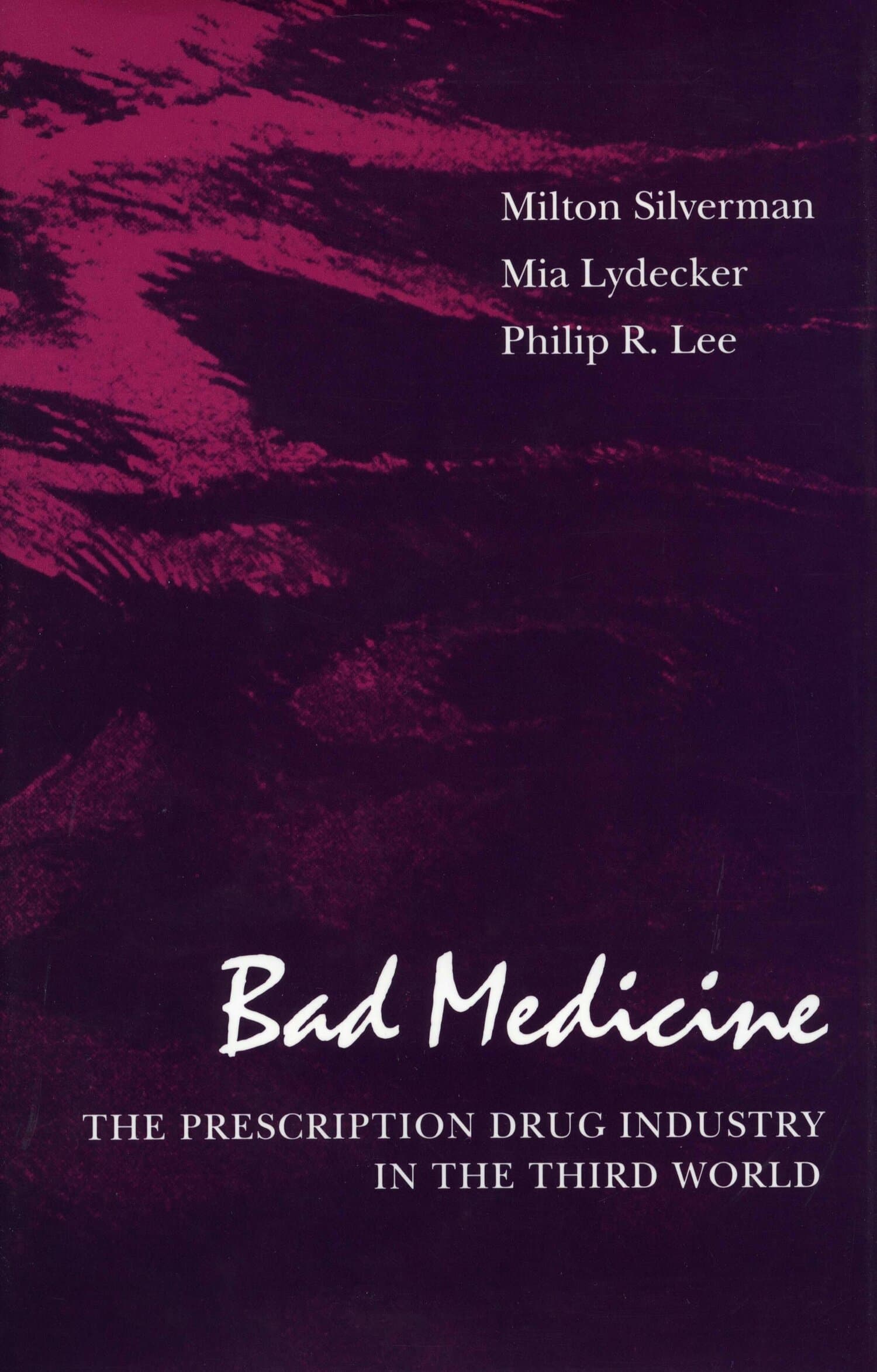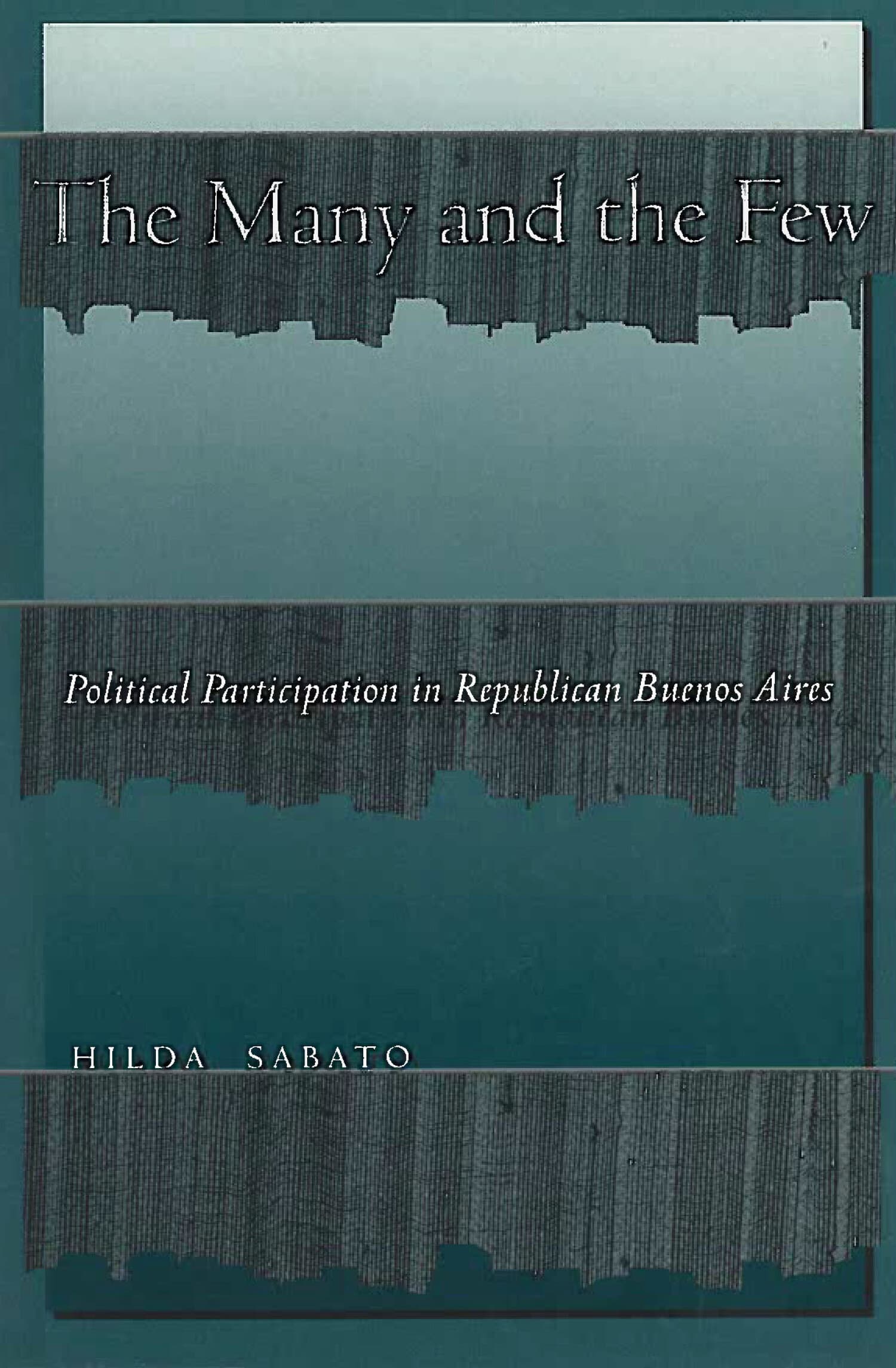Pot for Profit

The United States has experienced a dramatic shift in attitudes towards cannabis use from the 1970s, when only 12% of Americans said that they thought that cannabis should be legal, to today. What once had been a counterculture drug supplied for the black market by socially marginal figures like drug smugglers and hippies has become a big business, dominated by a few large corporations. Pot for Profit, traces the cultural, historical, political, and legal roots of these changing attitudes towards cannabis. The book also showcases interviews with dispensary owners, bud tenders, and other industry employees about their experience working in the legal cannabis industry, and cannabis reform activists working towards legalization. Mello argues that embracing the profit potential of this drug has been key to the success of cannabis reform, and that this approach has problematic economic and racial implications. The story of cannabis reform shows that neoliberalism may not be an absolute barrier to social change, but it does determine the terrain on which these debates must occur. When activists capitulate to these pressures, they may make some gains, but those gains come with strings attached. This only serves to reinforce the totalizing power of the neoliberal ethos on American life. The book concludes by meditating on what, if anything, can be done to move the cannabis legalization movement back onto a more progressive track.
—Michael McCann, Gordon Hirabayashi Professor Emeritus, University of Washington
"In the finest law and society tradition, Mello weaves together cultural, political, and economic forces shaping emergent landscapes of cannabis legalization with, not after, prohibition. This book should be a foundational text for scholars, policymakers and anyone wondering what happened to the social justice horizons of cannabis policy reform."
—Dominic Corva, California Polytechnic University, Humboldt
"Following a capsule cultural history of cannabis prohibition and presentation of summary data on 16 state-level ballot measures and campaign contributors, Mello articulates a strong normative critique of the failure of the resulting regulatory structures to provide functional reparations for the damage to individuals burdened with records of cannabis convictions and to minority communities because of mass convictions.... Highly recommended."—J. C. Hickman, CHOICE




